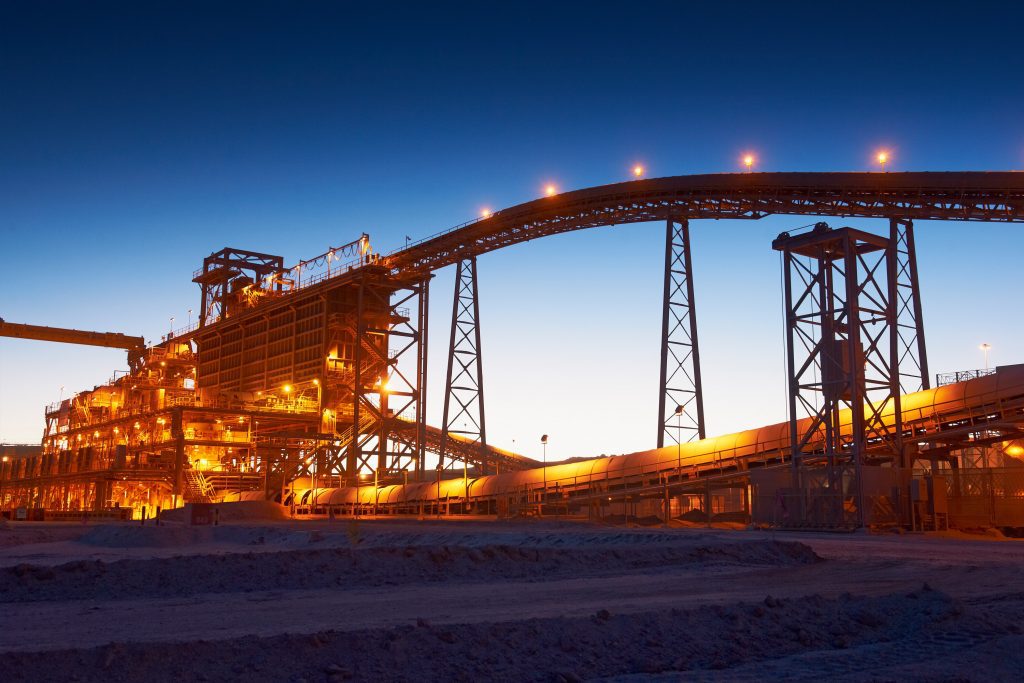BHP sees major copper demand boost from China’s widening belt and road

LONDON, Oct 4 (Reuters) – China’s overseas expansion will spread over land that is home to more than half the world’s population, potentially boosting copper use by 1.6 million tonnes, or roughly 7 percent of annual demand, major miner BHP said on Thursday.
BHP has analysed the impact of China’s Belt and Road Initiative (BRI), a network of overseas construction projects, on commodity demand on the basis of a database it constantly updates.
It said China’s overseas expansion plan covered 115 partners across Eurasia, parts of Africa, Latin American and Oceania, up from 68 countries or regions it cited in a previous blog post in September last year.
Its latest analysis estimated the BRI represented one third of the global economy and would drive spending of up to $1.3 trillion over the decade to 2023.
Vicky Binns, BHP’s vice president for minerals marketing, told Reuters if anything the expectation an extra 1.6 million tonnes of refined copper would be needed over the same time period was conservative.
More than 70 percent of that demand is from 100 power projects, which typically are not the biggest source of copper consumption – accounting for between 13 and 22 percent of all copper use depending on the region.
Such initial investment could lead to knock-on demand from other sectors.
“Increasing the international competitiveness of manufacturing in these regions may create a major lift in future demand from copper intensive sectors.”
“Increasing the international competitiveness of manufacturing in these regions may create a major lift in future demand from copper intensive sectors, such as automobiles, consumer durables and machinery,” BHP says.
Binns downplayed the impact of mounting trade tensions between the United States and China on demand, saying long-term fundamentals were likely to be robust.
China is expected to be a major beneficiary of increased demand because of its massive copper smelting capacity, but Binns said BHP was also well-placed because it can develop its own capacity and work with junior players.
The major has said the commodities in which it seeks to expand are copper and oil and in September it bought a 6.1 percent stake in SolGold to get access to a promising copper-gold project in Ecuador.
BHP, which operates the world’s largest copper mine Escondida in Chile, said in its 2018 report it derived 28 percent of its underlying earnings before interest, tax, depreciation and amortisation from copper.
Its ranking varies from year to year, but said the latest figures make it the third largest copper company behind Chile’s Codelco and U.S.-based Freeport McMoRan.
(Reporting by Barbara Lewis; Editing by David Evans)
{{ commodity.name }}
{{ post.title }}
{{ post.date }}




Comments